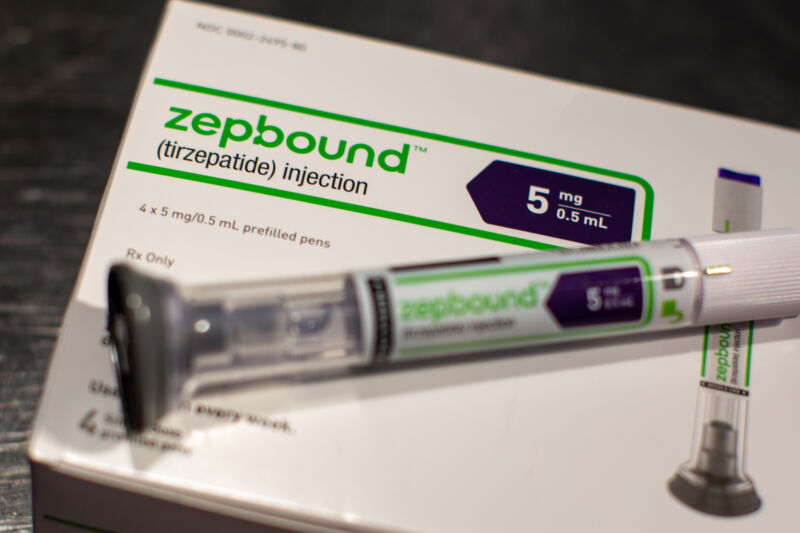Rep. Ilhan Omar to Introduce Major Long Covid Bill
On Friday, Minnesota Rep. Ilhan Omar (D-Minn.) will introduce a potentially groundbreaking piece of federal legislation in the House of Representatives—one allocating $10 billion in funding to fight Long Covid, the increasingly widespread, chronic condition that follows many Covid infections. The Long Covid Research Moonshot Act is a companion bill to one that Sen. Bernie Sanders (I-Vt.) introduced in the Senate in August.
“Long Covid is a silent health crisis impacting over twenty-three million Americans, including one million children,” Omar said in a statement to Mother Jones. (Rep. Ayanna Pressley, D-Mass., is the co-lead on the legislation.) “I’m proud to lead this effort in the House to recognize Long Covid as the public health emergency that it is and invest in countering the effects of this terrible disease.”
“Long Covid is a silent health crisis impacting over twenty-three million Americans, including one million children,” Rep. Omar said.
Long Covid symptoms often include debilitating fatigue, and many people found to have it have also been diagnosed with conditions like myalgic encephalomyelitis/chronic fatigue syndrome and postural orthostatic tachycardia syndrome. ME/CFS, which is characterized by post-exertional malaise, is known to be associated with other infectious diseases—the CDC states that about 1 in 10 people infected by the Epstein-Barr virus (which 95 percent of adults get) experience ME/CFS-like symptoms. And research shows that repeated Covid infections increase people’s risk of developing Long Covid.
The Long Covid Research Moonshot Act would establish a new research program within the National Institutes of Health to better understand the condition (and others, like ME/CFS and POTS) with its own database, advisory board, and a new grant process to accelerate clinical trials. It would fund public health education and comprehensive care clinics dedicated to Long Covid, especially in underserved, disproportionately affected communities—and would require any new treatments developed through the act to be reasonably priced and accessible to more patients.
“We know that the only path forward out of this generational crisis is to fund research that builds on our expertise about infection-associated chronic conditions like ME/CFS, and that is accountable to the patient community for delivering results, including clinical trials,” said Laurie Jones, executive director of patient advocacy group #MEAction. “The Long Covid Research Moonshot Act lays out a comprehensive plan for doing just that.”
Megan Carmilani, the president of Long Covid Families, believes the bill would fund vital research into how Long Covid presents in young people, a focus of her organization, and called on Congress “to prioritize the health and wellbeing of our nation’s children by supporting this bill as well.”
The Long Covid Research Moonshot Act is not Congress’ first attempt to fund such treatment. In December 2020, Congress allocated $1 billion to NIH to study the long-term impacts of Covid, and boosted that funding by more than $500 million this year.
But a 2022 attempt, Pressley’s TREAT Long Covid Act, did not make it out of committee—despite having 41 co-sponsors, including Rep. Omar. That act, also unsuccessfully reintroduced in 2023, would have made direct grants to clinics that treat Long Covid and associated conditions.
Communities of color and disabled people have been disproportionately harmed by Long Covid. Black and Latino people, for instance, are more likely to develop Long Covid symptoms than white people. Disabled people are twice as likely to do so as non-disabled people. A February 2023 analysis published by JAMA Network found that people with Long Covid symptoms, which can include severe fatigue and issues with cognitive function, are more likely to be unemployed. The only way not to get Long Covid is to avoid Covid infections, underscoring the importance of mask-wearing and high-quality air filtration.
“We must take bold action to help Americans suffering from Long Covid,” Omar said in her statement.

